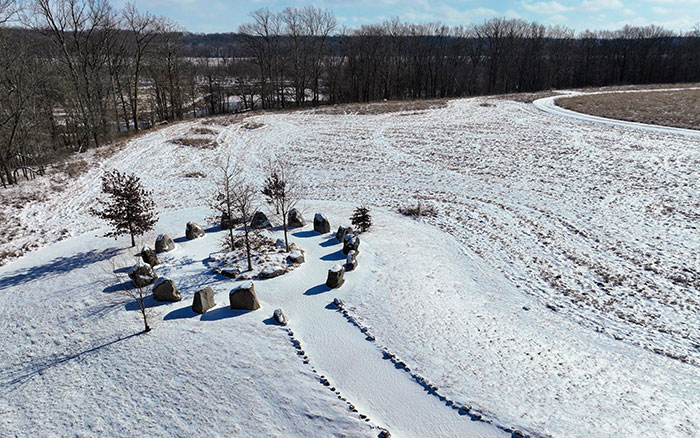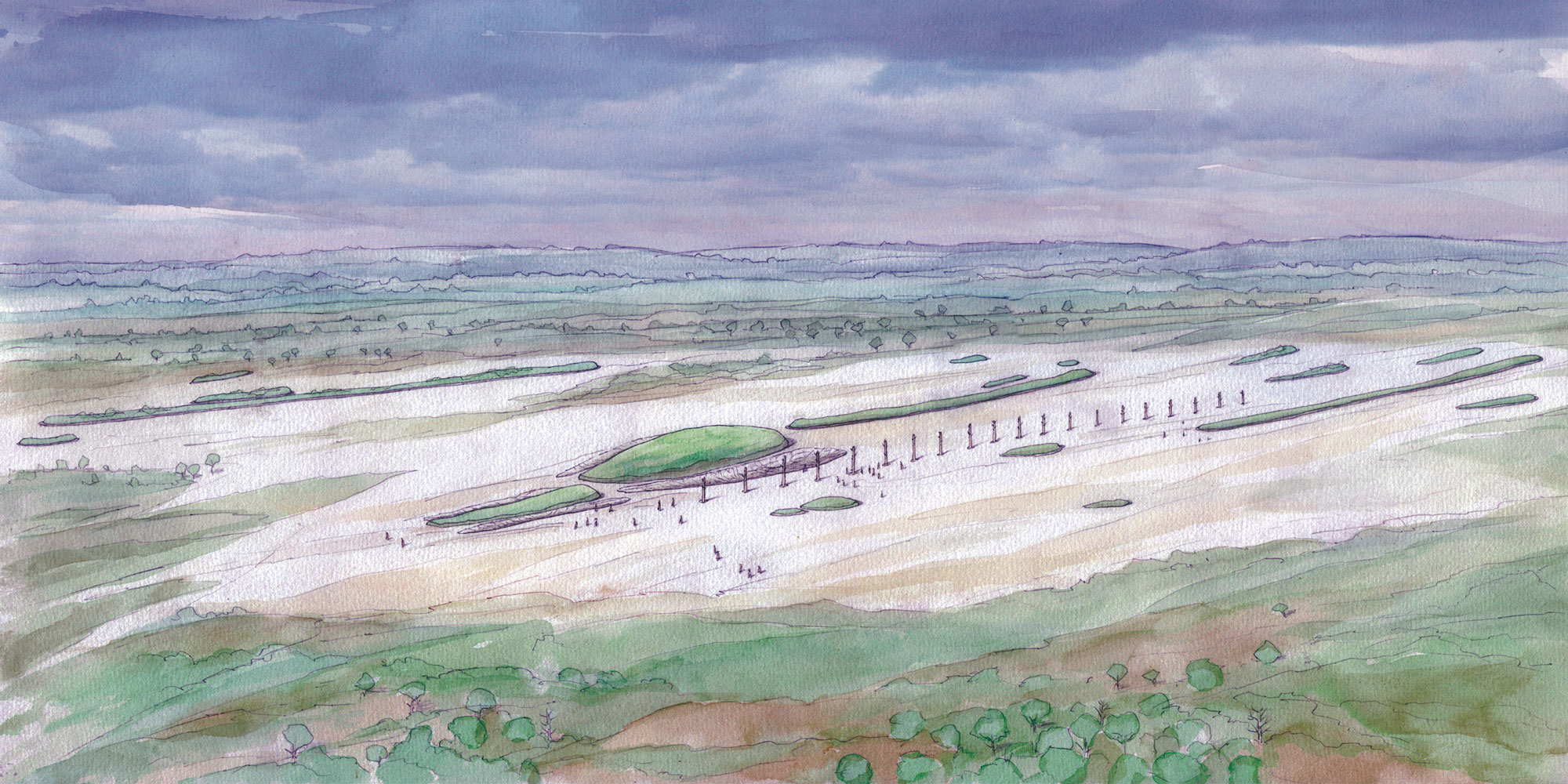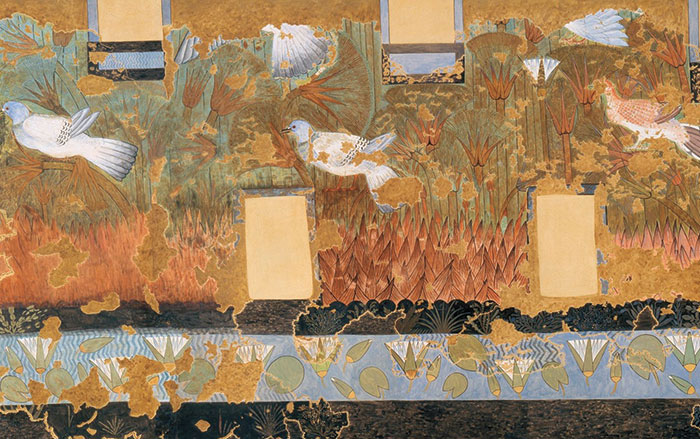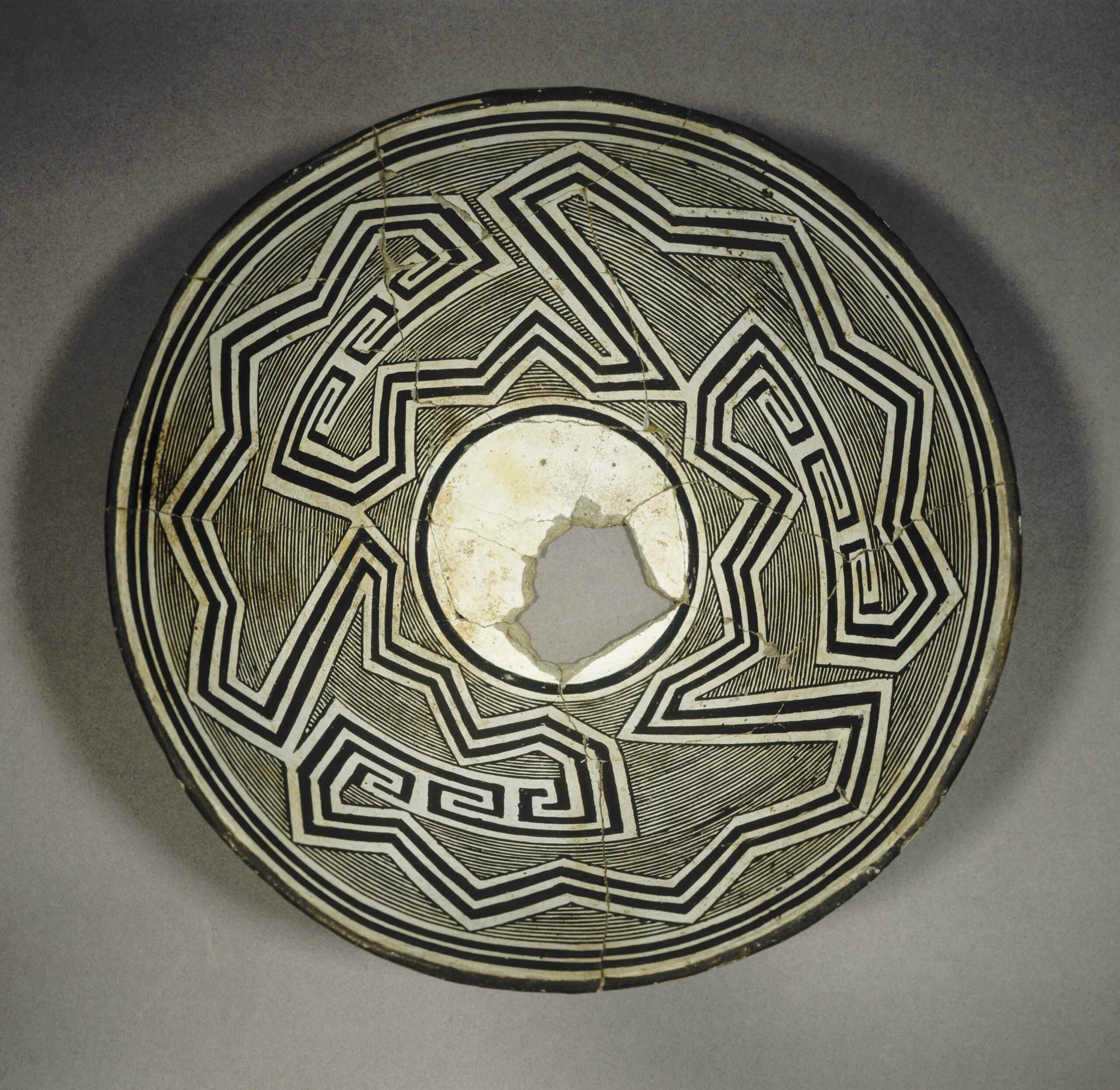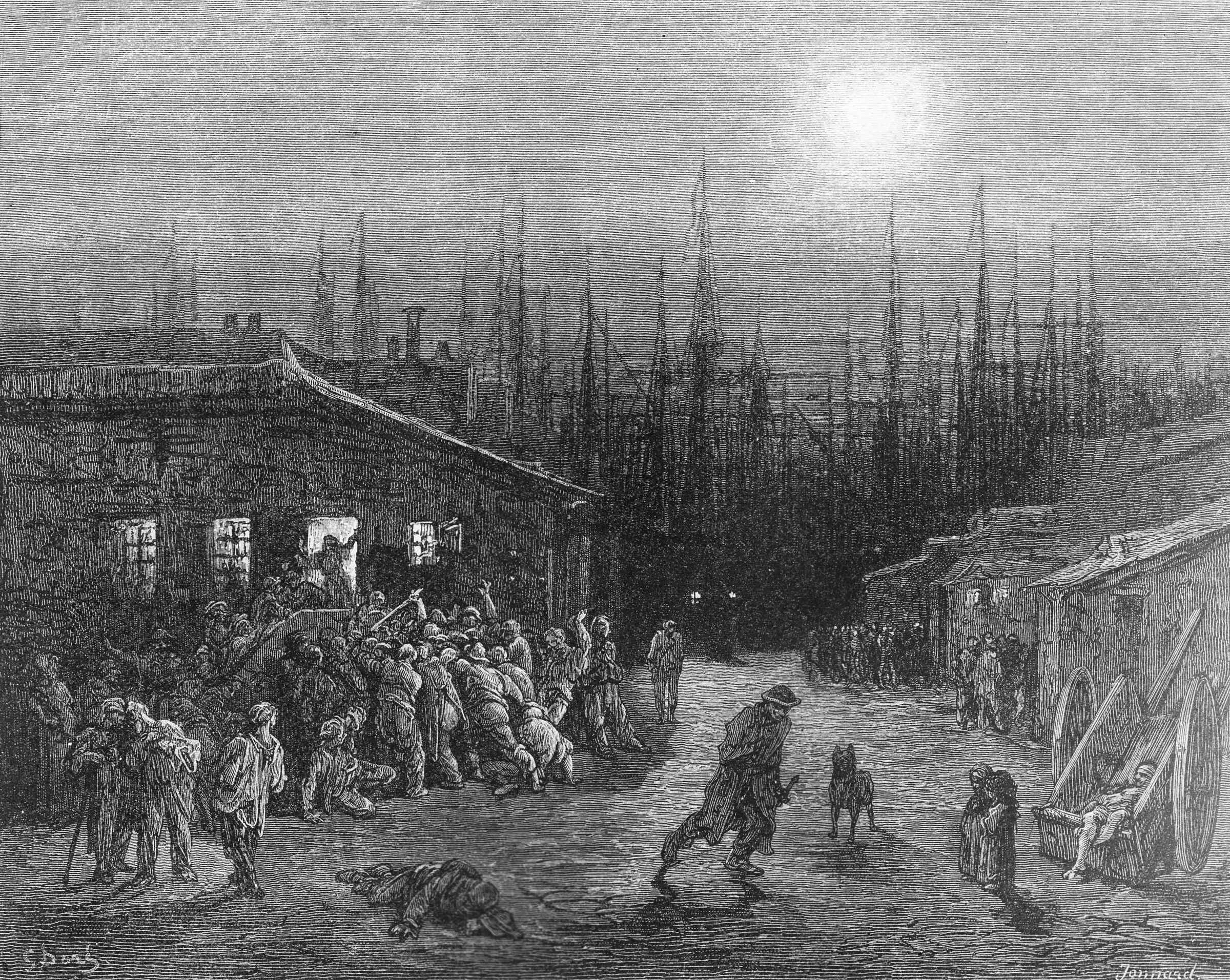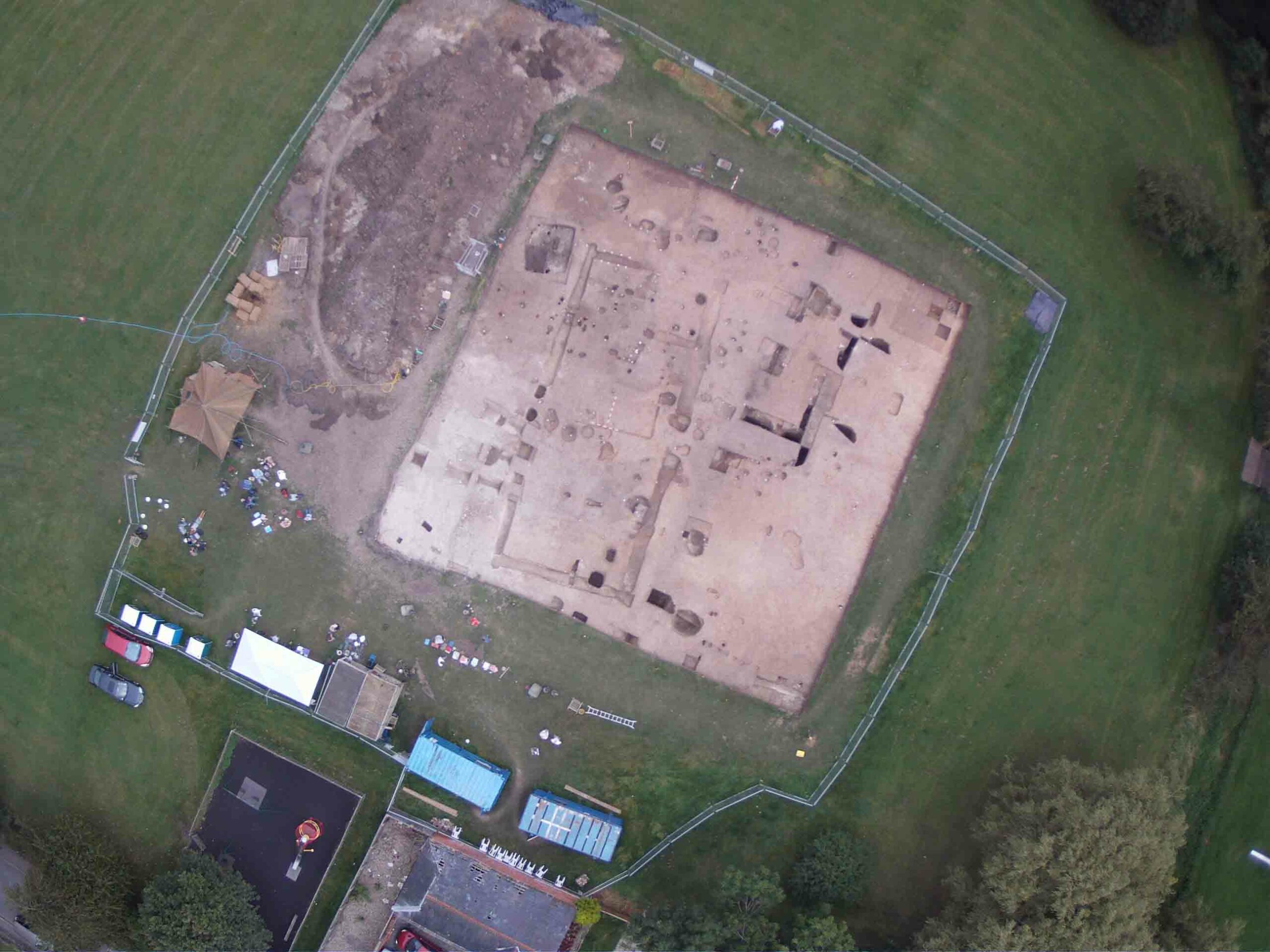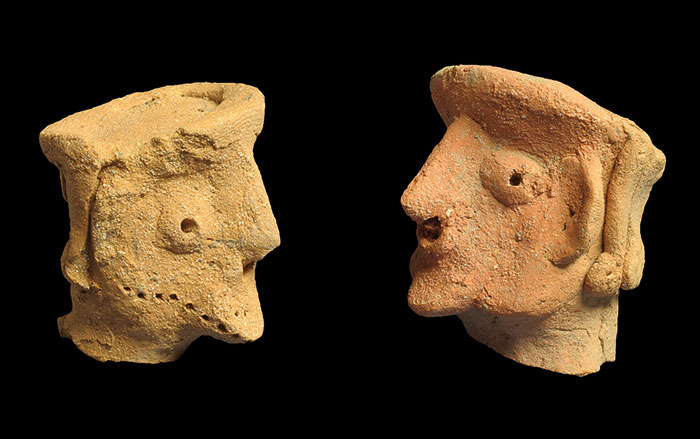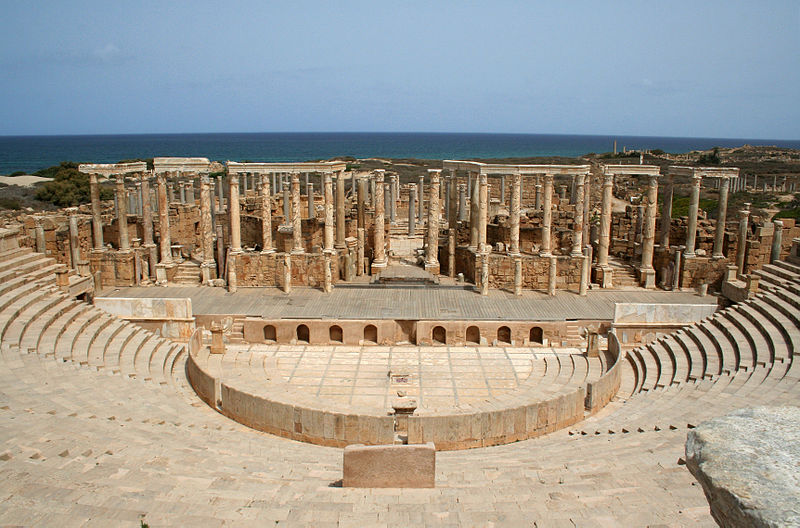
KHOMS, LIBYA—The new post-Qaddafi Libya might be one that welcomes archaeologists from other countries to come and study its ancient sites. Among them is the Leptis Magna, once the third most important city in the Roman Empire. A year ago, French archaeologists were able to return to the site and excavating Roman baths to understand how they were integrated with the rest of the city. The unsurprising instability of the new Libyan government, however, could threaten the opening of its doors to new scholarship. And lack of conservation could mean increased traffic will endanger the ruins—though locals are banding together to ward off vandalism.


